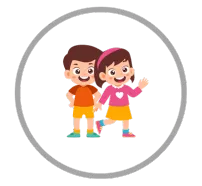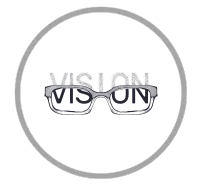Contact Lenses vs. Glasses
Are Contact Lenses Better for Myopia?
FSDAVCFEBFEVSDDVFSD
FSDAVCFEBFEVSDDVFSD
FSDAVCFEBFEVSDDVFSD
Are Contact Lenses Better for Myopia?
As myopia, or nearsightedness, becomes an increasingly prevalent issue worldwide, individuals and healthcare professionals are evaluating various methods to manage and correct this vision impairment.
With a multitude of options available, a pressing question arises: Are contact lenses better for myopia management compared to traditional eyeglasses? Here we examine the advantages and drawbacks of contacts for myopia and assess whether they provide superior myopia management.
By considering the latest research and expert opinions, we assess whether contact lenses offer a more effective solution for those dealing with myopia.
As myopia, or nearsightedness, becomes an increasingly prevalent issue worldwide, individuals and healthcare professionals are evaluating various methods to manage and correct this vision impairment.
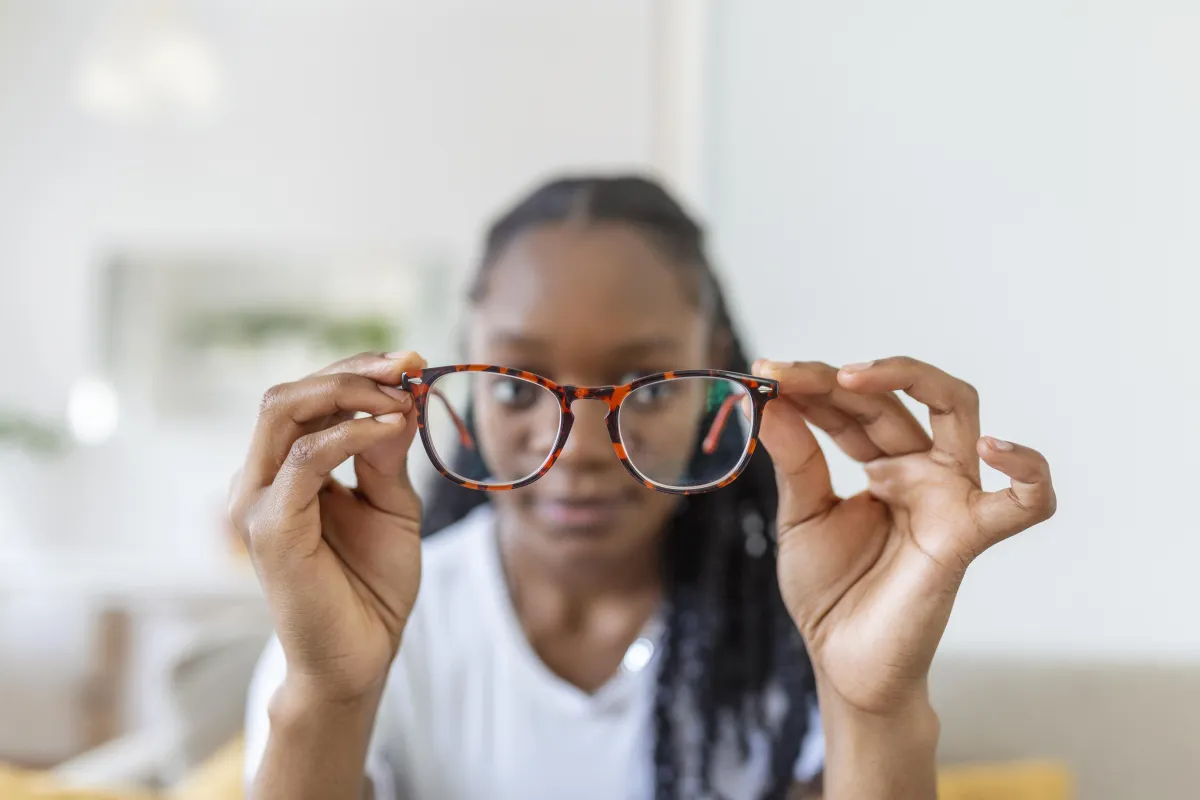
With a multitude of options available, a pressing question arises: Are contact lenses better for myopia management compared to traditional eyeglasses? Here we examine the advantages and drawbacks of contacts for myopia and assess whether they provide superior myopia management.
By considering the latest research and expert opinions, we assess whether contact lenses offer a more effective solution for those dealing with myopia.

Myopia’s Prevalence, Causes, and Risk Factors
Myopia, commonly known as nearsightedness, is a vision condition where distant objects appear blurry while close objects can be seen clearly. This occurs when the eyeball is too long or the cornea is too curved, causing light to focus in front of the retina instead of on it. The impact of myopia on vision can range from mild to severe, affecting daily activities and overall quality of life.
The prevalence of myopia has been rising globally at an alarming rate. According to recent studies, nearly 30% of the world's population is affected by myopia, with projections indicating that by 2050, half of the global population will be myopic. This dramatic increase underscores the need for effective myopia management strategies, including the use of contact lenses for myopia.
Traditional Solutions for Myopia
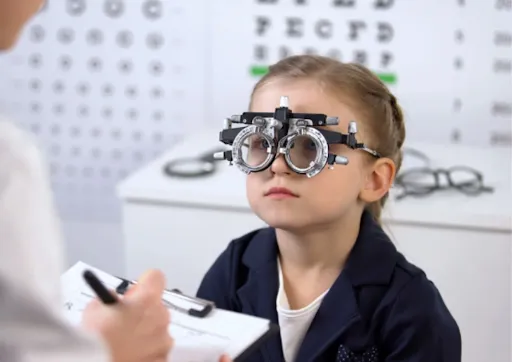
Eyeglasses are the most traditional and widely used solution for correcting myopia. They work by using lenses that adjust the focus of light onto the retina, allowing for clearer vision. While effective for improving sight, eyeglasses primarily correct the symptom rather than address the underlying progression of myopia. This leads many to question, "Are contacts better for myopia?" due to their additional benefits. In myopia management and contacts, specialized lenses like Zeiss MyoVision Pro and Zeiss Myokids have been developed to specifically slow the progression of myopia in children.
These lenses work by altering peripheral defocus, which research suggests can help manage the advancement of myopia. This specialized approach has shown promising results in controlling myopia progression compared to standard eyeglasses.
Eyeglasses offer several advantages, such as comfort and ease of use, making them simple to wear and requiring minimal maintenance. They are non-invasive, as they do not require direct contact with the eyes, which reduces the risk of infections.

Additionally, eyeglasses are accessible and can be easily adjusted for changing prescriptions. However, there are some drawbacks to eyeglasses. Some individuals may find them aesthetically unappealing, and they can be inconvenient during physical activities. They may also fog up under certain conditions. Furthermore, eyeglasses are less effective in slowing the progression of myopia compared to myopia management contact lenses.
When considering contacts versus glasses for myopia, many find that contact lenses offer a more comprehensive approach. They not only correct vision but also play a role in myopia management by addressing peripheral defocus, making them a viable option for those wondering if contacts help myopia. The effectiveness of myopia management through contacts continues to be a significant factor in their growing preference among both patients and eye care professionals.
Contact Lenses for Myopia
There are several types of contact lenses for myopia, each designed to meet different needs. Soft lenses are the most common, offering comfort and ease of use. Rigid gas permeable lenses provide sharper vision and are durable, although they might require an adjustment period. Orthokeratology (Ortho-K) lenses are worn overnight to temporarily reshape the cornea, providing clear vision during the day without the need for lenses or glasses.
Contact lenses for myopia correct vision by refocusing light directly onto the retina. They address peripheral defocus, a key factor in myopia progression. This aspect of myopia management helps in slowing down the advancement of the condition. The lenses work by creating a uniform refractive surface, thus improving visual acuity. MiSight contact lenses are FDA-approved and specifically designed for myopia management in children. These lenses have shown effectiveness in slowing myopia progression by about 59% over three years. MiSight lenses correct vision while also reducing peripheral defocus, making them a significant advancement in myopia management contact lenses.
There are several types of contact lenses for myopia, each designed to meet different needs. Soft lenses are the most common, offering comfort and ease of use. Rigid gas permeable lenses provide sharper vision and are durable, although they might require an adjustment period. Orthokeratology (Ortho-K) lenses are worn overnight to temporarily reshape the cornea, providing clear vision during the day without the need for lenses or glasses.
Contact lenses for myopia correct vision by refocusing light directly onto the retina. They address peripheral defocus, a key factor in myopia progression. This aspect of myopia management helps in slowing down the advancement of the condition. The lenses work by creating a uniform refractive surface, thus improving visual acuity. MiSight contact lenses are FDA-approved and specifically designed for myopia management in children. These lenses have shown effectiveness in slowing myopia progression by about 59% over three years. MiSight lenses correct vision while also reducing peripheral defocus, making them a significant advancement in myopia management contact lenses.
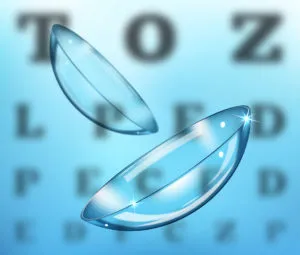

Contact lenses offer several advantages over eyeglasses. They provide a wider field of vision, as there are no frames to obstruct view, and many people prefer the appearance of contact lenses over glasses. Additionally, they are convenient for active lifestyles, making them ideal for sports and other physical activities. However, contact lenses do require diligent hygiene and proper care to prevent infections, and incorrect use or poor hygiene can lead to eye infections. There may also be an initial adjustment period where some people find them uncomfortable.
When considering contacts versus glasses for myopia, contact lenses often offer a more dynamic and comprehensive solution. For those wondering if contacts are better for myopia, the evidence supporting the benefits of contact lenses for myopia is substantial, particularly in myopia management and peripheral defocus correction.
Contact lenses offer several advantages over eyeglasses. They provide a wider field of vision, as there are no frames to obstruct view, and many people prefer the appearance of contact lenses over glasses. Additionally, they are convenient for active lifestyles, making them ideal for sports and other physical activities. However, contact lenses do require diligent hygiene and proper care to prevent infections, and incorrect use or poor hygiene can lead to eye infections. There may also be an initial adjustment period where some people find them uncomfortable.
When considering contacts versus glasses for myopia, contact lenses often offer a more dynamic and comprehensive solution. For those wondering if contacts are better for myopia, the evidence supporting the benefits of contact lenses for myopia is substantial, particularly in myopia management and peripheral defocus correction.
Visual Acuity and Myopia Control: Which Option Suits You Best?
When it comes to improving visual acuity, both contact lenses for myopia and eyeglasses are effective. Contact lenses provide a more natural field of vision and eliminate the distortion caused by the edges of glasses. This can result in sharper and more consistent vision correction, particularly for those with higher degrees of myopia.
Research indicates that contact lenses for myopia, particularly specialized ones like MiSight lenses, are more effective in slowing the progression of myopia in children compared to traditional eyeglasses. Studies have shown that these myopia management contact lenses can reduce the rate of myopia progression by up to 59%. This makes them a compelling option for those seeking not only to correct vision but also to manage the underlying progression of myopia.
User experiences vary between eyeglasses and contact lenses. Many users appreciate the convenience and aesthetic benefits of contacts for myopia, finding them more suitable for an active lifestyle.
Wrap Up
Whether contact lenses are better for myopia by examining their effectiveness, types, mechanisms, and how they compare to traditional eyeglasses. We discussed the benefits and drawbacks of both solutions, with particular emphasis on myopia management and contacts.
Contact lenses for myopia offer significant advantages, especially in terms of field of vision, aesthetics, and myopia control. However, they require diligent maintenance and come with a higher risk of infections. Ultimately, the choice between contacts vs glasses for myopia depends on individual preferences and lifestyle.Consult with your eye care professional to determine the best myopia management option for you or your child, considering the latest advancements in myopia management contact lenses and other available treatments.

Contact Info
Hours of Operation
Mon - Fri | 9:00 AM - 5:00 PM
Sat - Sun | Closed
Holiday Hours: We are closed for the following holidays: New Years Day, Memorial Day, Independence Day, Labor Day, Thanksgiving Day, Christmas Day
© 2026 Kleinwood Vision. All rights Reserved.
